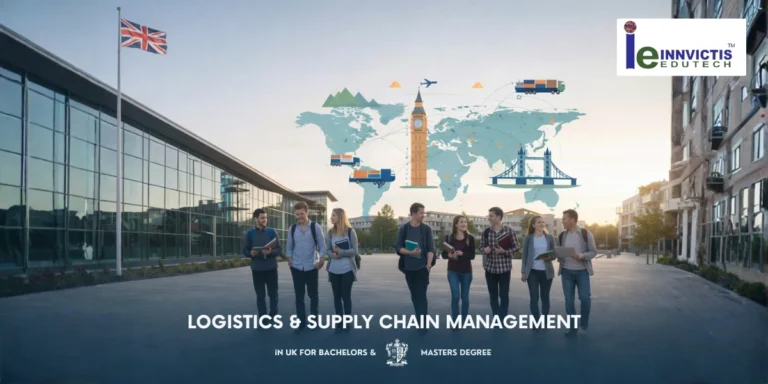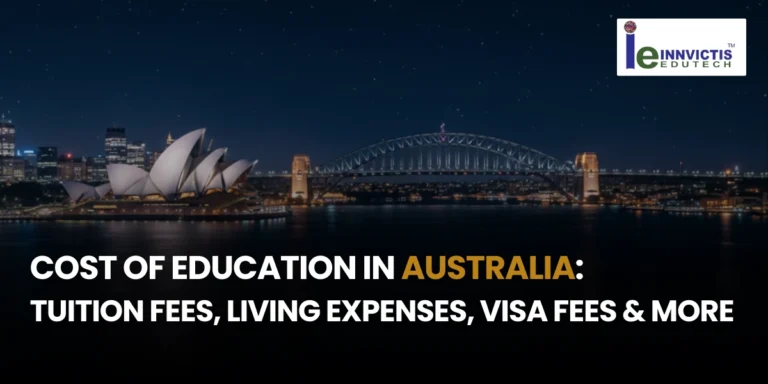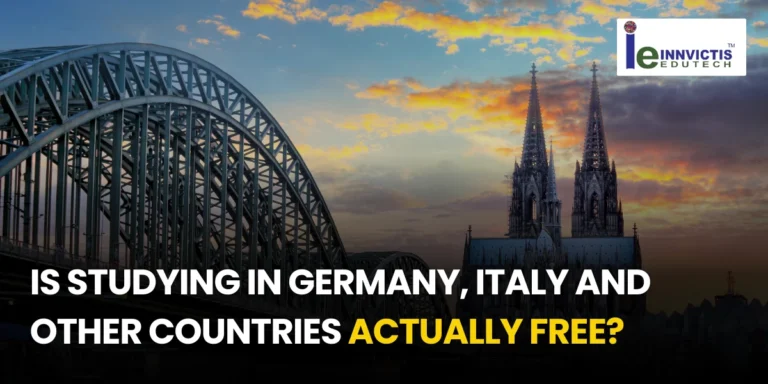In a bold move aimed at addressing growing immigration concerns, Prime Minister Rishi Sunak announced a series of tough visa rules. These new measures to reduce immigration represent a major change in UK immigration policy. As the country grapples with the economic and social consequences of immigration, the government’s latest stance underscores its commitment to effective border controlling the borders more effectively.
Key Changes in the Visa Regulations
1. Student visa adaptation
Tightening the rules for international students is one key change. The new law will introduce stricter eligibility criteria for student visas, including higher academic and financial qualifications. In addition, the current post-study work permits, which have been a major attraction for international students, will have more stringent conditions. These changes are expected to reduce the number of students coming to the UK, thereby reducing the strain on housing and public services.
2. Work visa adjustments
The skilled worker visa category also shows outstanding research. The wage threshold for obtaining a work permit has been raised, making it harder for low-wage workers to qualify. The move aims to attract only the most skilled workers who can make a significant contribution to the UK economy. Additionally, the list of occupations eligible for a skilled worker license has been revised, and some multi-skilled occupations have been removed from the list.
3. Family Reunification Rules
Family visas have also come under scrutiny. The government has introduced tougher requirements for family reunification, including higher income thresholds for sponsors. This means that UK residents who wish to bring family members from abroad will need to demonstrate a higher level of financial stability. The intent behind this change is to ensure that immigrants can support their families without relying on public funds.
4. Temporary work visa
Temporary work permits such as seasonal farm workers are also prohibited. The duration of these visas will be reduced and the number of visas issued per year will be capped. Industries that rely heavily on seasonal labor migration, such as agriculture and hospitality, are expected to be most affected.
Implications of the New Policies
Economic impact
Tightening visa regulations is likely to have mixed economic effects. On the one hand, reducing the number of low-skilled workers can reduce the pressure on public infrastructure and housing. On the other hand, businesses that rely on migrant workers could face labor shortages, potentially increasing costs and reducing productivity The government said these changes would force money will be targeted at automation and up-skilling of domestic workers.
Social and Cultural Effects
Socially, the new immigration policies may reduce the cultural diversity that international students and workers bring to the UK. Education, in particular, could suffer from a decline in international students, which may affect their financial stability and global standing. The tighter family reunification rules might also cause emotional strain for immigrant families separated by these policies.
Political behavior
Political responses to these changes have been patchy. Supporters of the new legislation argue it is necessary to protect UK jobs and businesses and regain control of the country’s borders after Brexit Critics believe the measures are too harsh and risk damaging the UK’s reputation as an open and welcoming society. They also warn that the new rules could lead to labor shortages and economic
Prime Minister Rishisunak’s decision to implement stricter visa rules marks a major shift in the UK’s approach to immigration. While these reforms are designed to reduce the number of immigrants and address societal concerns, they also pose challenges for the economy and various sectors of society As the UK navigates these new policies, there is a balance to be struck in terms of controlling immigration and maintaining economic stability. The long-term impact of this legislation remains to be seen, but one thing is clear: the UK is entering a new era of immigration policy.
FAQs
1. Why has the government decided to toughen visa rules?
The government aims to control immigration levels, protect domestic jobs, and ensure that immigration benefits the UK economy and society. By implementing stricter visa regulations, they hope to achieve a balanced approach to immigration.
2. How will the new skilled worker visa rules affect businesses?
Businesses may find it more challenging to hire foreign workers due to reduced visa numbers and higher salary thresholds. Companies will need to focus on recruiting locally or justifying the need for international hires with higher salaries.
3. What changes have been made to student visas?
Student visas now have more stringent criteria for dependents and post-study work opportunities. These changes are intended to reduce the number of international students who remain in the UK after completing their studies without a clear economic contribution.
Feel free to explore our website or Contact Us with any specific questions you may have. Happy studying!







